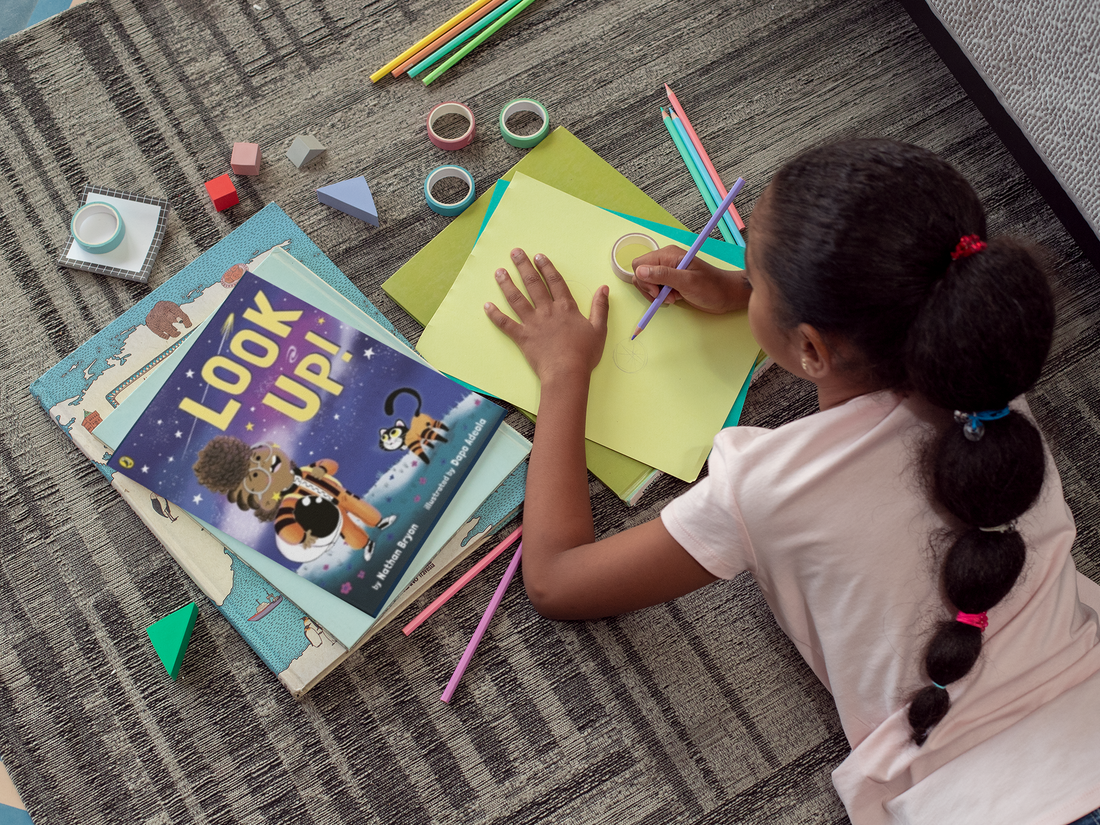
Creating Activists and Allies
Share
Children’s books
The books I am happiest to sell are children’s books.
I love children, I am one of those people who will play with your child on the long bus journey, I will smile with your child in the supermarket and I will often stop parents to tell them that they’re child is gorgeous. I am the aunty who always wants to cuddle the baby and yes you can ask me to babysit!
Yeah, let’s all agree I am a kid person.
So, in some way it’s no surprise that I love children’s books. The thought and imagination that goes into them has always left me in awe.
People often think that there aren’t many children’s books ‘out there’ written by black authors, but there are so many. It is far easier to find books with black characters written by non-black authors, again not because there are more of them, but because they are the books that get publicity and recognition. I often wonder if black children’s authors have the hardest time, because they will find it much harder to get their books not just into stores but also into schools and nurseries.
But the reason I love children’s books is because they are so powerful.
Imagine a 3-year-old having a bookshelf of books that looks like them. A child who sees characters in books that look like the other children in their class and their community. These books completely change the landscape. They create an expectation for all the books that they will read in the future. Young children who have diversity in their books have different expectations about the world around them than those who don't.
A parent said that a few weeks ago her child was in the school playground and there was a gardener cutting the hedges, the gardener was black. One of the children in the playground asked her child if the gardener was his dad. The child came home very upset and asked his mum why no one had ever asked those children if any of the white people in the school were the other children’s parents.
This may seem like a minor incident, but what I see here are children that are not experiencing diversity in their books and education. Without a change what viewpoint do those children grow up with? For me it starts with a book, that book becomes a conversation, which becomes a change of thinking and eventually a change of viewpoint and behaviour. This is how we build allies and activists.
What do the bookshelves look like for the children you know? What about in their schools and nurseries?
There is an organisation called OpenMinds (about to become a charity) which aims to get diverse books into schools, which is a great project to get behind if you want to do something.
